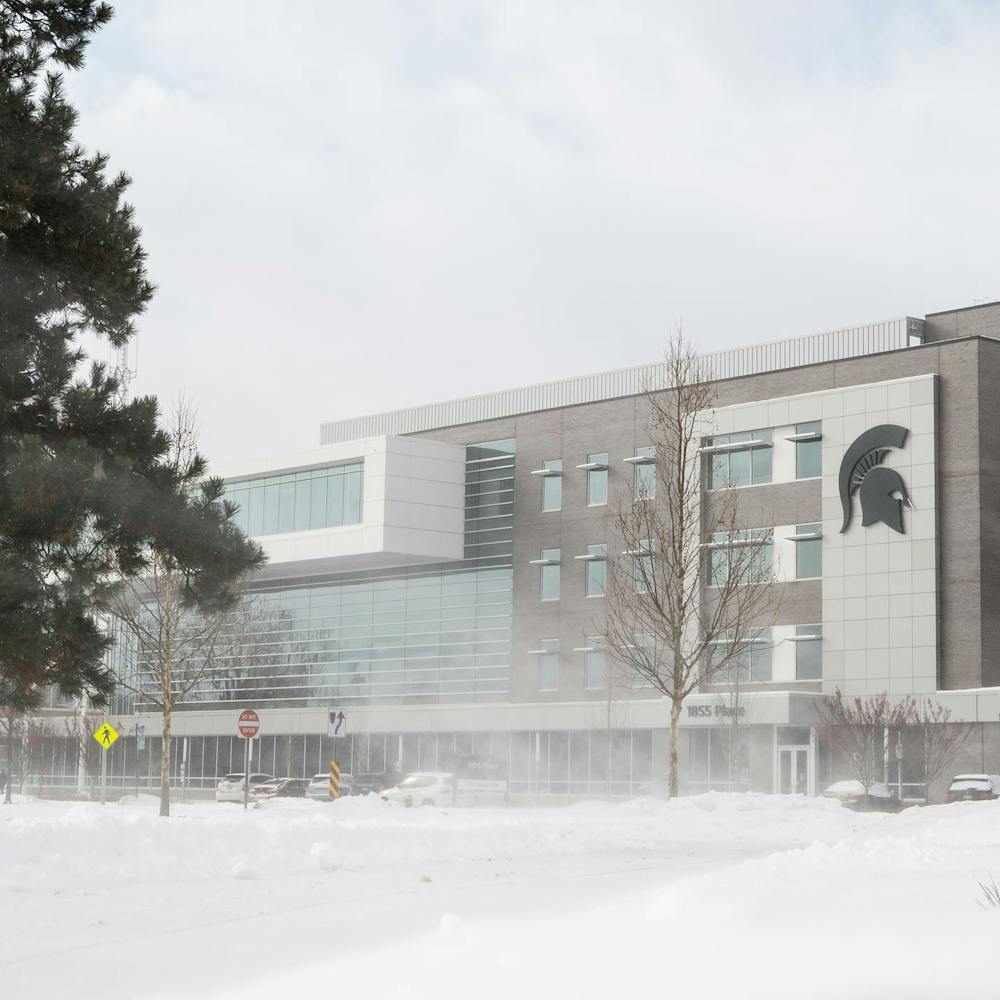Rachel Fradette misses the mark badly in her recent opinion piece on MSU’s relationship with SeaWorld.
I take great pride in being a Michigan State University graduate, as well as one of Discovery Cove’s senior trainers. The dolphins I work with, like the killer whales at SeaWorld, are trained using applied animal behavior techniques through positive reinforcement. These are based on the same conditioning techniques I learned while earning my psychology degree at MSU.
Michigan State students who participate in these programs are exposed to some of the groundbreaking science being conducted by our veterinary staff and the conservation of marine animals and ecosystems that has been a defining feature of SeaWorld for decades.
Ms. Fradette urges her fellow students to acquaint themselves with the “horrors” of SeaWorld by watching “Blackfish.” I have a better idea. Acquaint yourself with SeaWorld, not through the lens of an animal rights propagandist, but with your own eyes. But, at a minimum, allow me to correct some of Ms. Fradette’s rather casual misstatements about us.
Animals at SeaWorld aren’t forced to perform. Animals in any kind of presentation at SeaWorld and Discovery Cove participate entirely of their own accord.
If they don’t want to perform in a show, training session or enrichment, they don’t. Even SeaWorld’s most vocal critics — the cast of the film “Blackfish” — acknowledge that animals seek out human interaction and enjoy appearing in shows.
Also, contrary to Ms. Fradette’s claim, the overwhelming majority of marine mammals in our parks — nearly 90 percent — did not come from the wild. They were born in our parks.
They are healthy, happy and well-adjusted. They are given ample food, mental stimulation, exercise, veterinary care and the company of other members of their species.
Ms. Fradette is also wrong on the subject of killer whale longevity (which isn’t surprising given that her source is PETA). Peer-reviewed and published independent research shows that killer whales born at SeaWorld live as long as wild killer whales. For many species cared for at SeaWorld, including bottlenose dolphins and sea lions, longevity is measurably longer.
I will end with an invitation. If you’ve seen “Blackfish” and have questions about SeaWorld, reach out to us. We’d be happy to tell you what “Blackfish” and PETA won’t.
Jaclyn Novak is a Senior Zoological Trainer at SeaWorld’s Discovery Cove in Orlando







